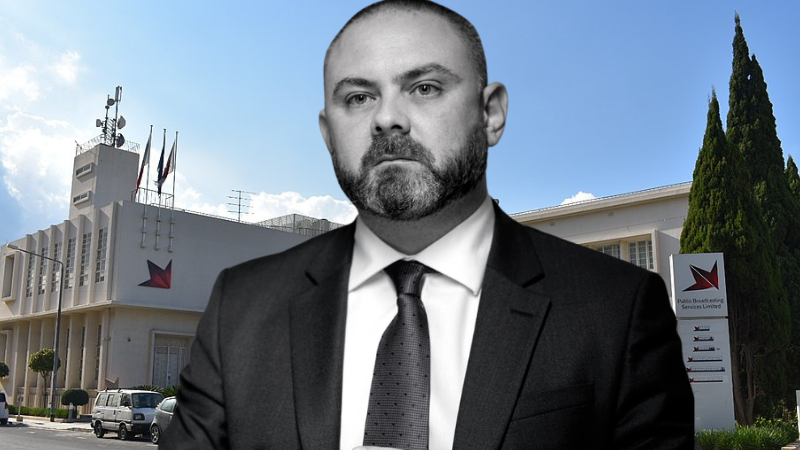The National Statistics Office’s failure to collect a comprehensive set of data on the housing and development sector has led to “reactive” policies from government agencies and prevents the introduction of forward-looking legislation, a panel of experts in the sector said in a talk on Wednesday.
The talk, organised by architecture student organisation SACES, saw Housing Authority CEO Matthew Zerafa, Kamra tal-Periti (Chamber of Architects) President Andre Pizzuto, Malta Development Association President Michael Stivala and Studjurban Founder Dr Antoine Zammit, discuss the challenges faced in the local housing sector.
Zerafa said the Housing Authority is looking to introduce a housing register which would enable it to understand the local housing sector better, adding that current studies by the NSO, such as the 2021 census, are done “for statistical purposes, not policy-making purposes.”
The country’s housing sector has been under public scrutiny with increasing unaffordability, outdated policies, exploited legislation, haphazard development and urban sprawl.
The 2021 census revealed that over ten years, Malta experienced a 33% increase in residences, with almost a quarter of dwellings occupied by non-Maltese residents and just over a quarter being secondary, seasonally used, or vacant.
Speaking about secondary and vacant dwellings, MDA President Stivala claimed the NSO could not provide a statistical breakdown. “Their research was limited to checking if residences had ID Card registered to them,” he said.
As a result of the lack of data and forward-looking research, Zerafa said government authorities such as “the Housing, Identity and Planning Authority” have to issue “reactive” policies, which try to mitigate issues only once they arise. Stivala said such reactive policies are a “huge issue” for the sector.
Speaking about the rising prices in the sector, the panel agreed that the main contributing factor was the diminishing availability of land and increases in population. Stivala characterised the issue as a supply and demand problem, calling developers “a machine which simply buys up the land, develops it, sells it, and makes its profit.”
He called for public-private partnerships, which would allow government land to be built up by private developers in return for those developers to rent out units at “affordable” prices stipulated by the government.
Studjurban’s Zammit called for more efficient and thought-out use of Malta’s existing land. Zammit was one of the architects behind the DC15 planning policy. The policy specified various policies, including the building’s height limitations.
While the building boom experienced over the last decade has been partially attributed to the policy, Zammit claimed the limits had been abused and “unfortunately been taken as absolutes” with the best practices outlined “ignored”.














Stivala, me me me me and me
There is a huge unfinished site at Msida which from my basic knowledge of Maltese, is affordable housing. Why is this not finished? it’s been an eyesore for a few years. Why are so many incomplete buildings, when more are being approved ?